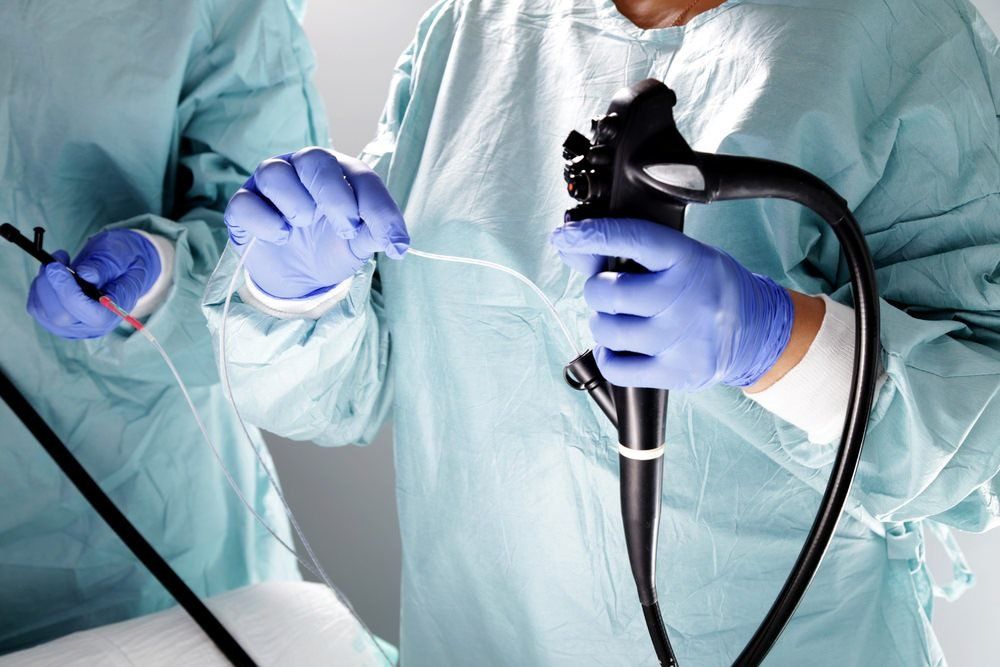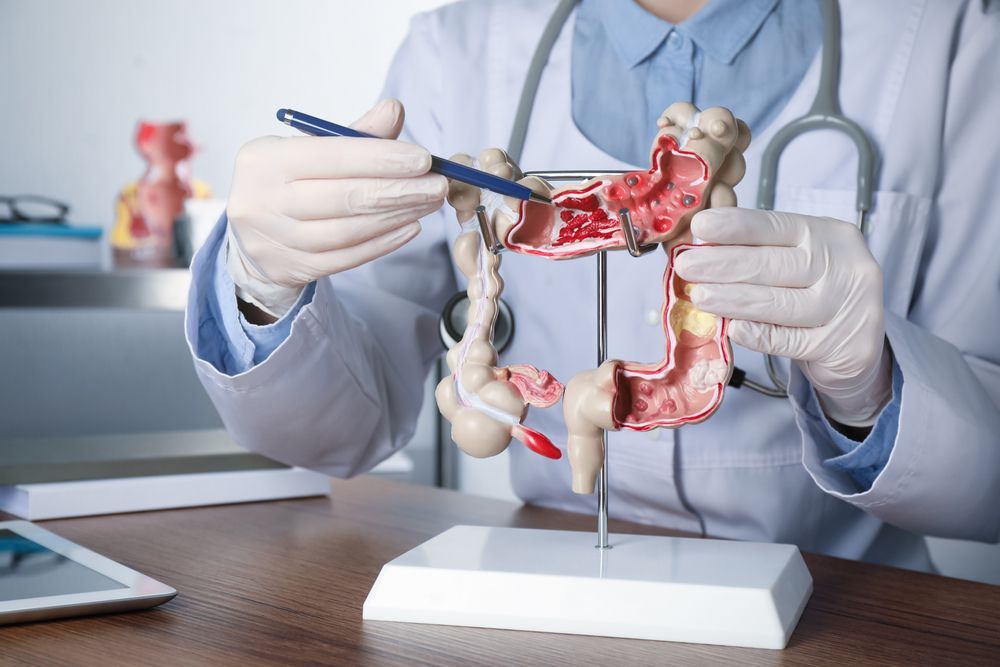We Provide Colonoscopies in Mackay
Carrying Out Comprehensive Examinations
A colonoscopy could just save your life. The procedure entails a long and highly flexible tube being inserted into the large bowel. This is undertaken for the purpose of collecting biopsies, removing polyps, addressing bowel haemorrhages and more. Dr Cody Fitzgerald in Mackay and his team are here to help take the stress and uncertainty out of the colonoscopy process. They will be with you at every stage, helping you prepare and empowering you with knowledge about the process.
Almost all colonoscopies can be performed with the help of sedation. As such, you don’t need to worry about experiencing pain during the procedure. We will advise if any dietary requirements need to be implemented.
Contact Dr Cody Fitzgerald today to book a Mackay colonoscopy or find out more about the procedure. You can call us on
(07) 4942 3111.
Endoscopy procedures are also undertaken at the practice.
The Colonoscopy Process
Typically, colonoscopy involves the following steps:
- Preparation: A 24 hour bowel preparation is necessary for a safe and accurate Colonoscopy. This is fully explained to you during your initial consultation with Dr Fitzgerald.
- Sedation: You will be put under for the colonoscopy, and will not remember the actual procedure. We will do everything we can to keep you comfortable.
- Insertion: We will insert the colonoscope and inspect the whole bowel. The colonoscope will allow us to take biopsies and address polyps.
- Polyp Removal (if applicable): If there are polyps present to be removed, we can do so by applying a wire snare to them and applying a light electric current.
- Recovery: After the procedure, you may need some time to recover in bed. You may experience some light discomfort in the following days.
If you have any questions about your colonoscopy, drop us a line today.
Frequently Asked Questions
City skyline
Arrange an Appointment Today







